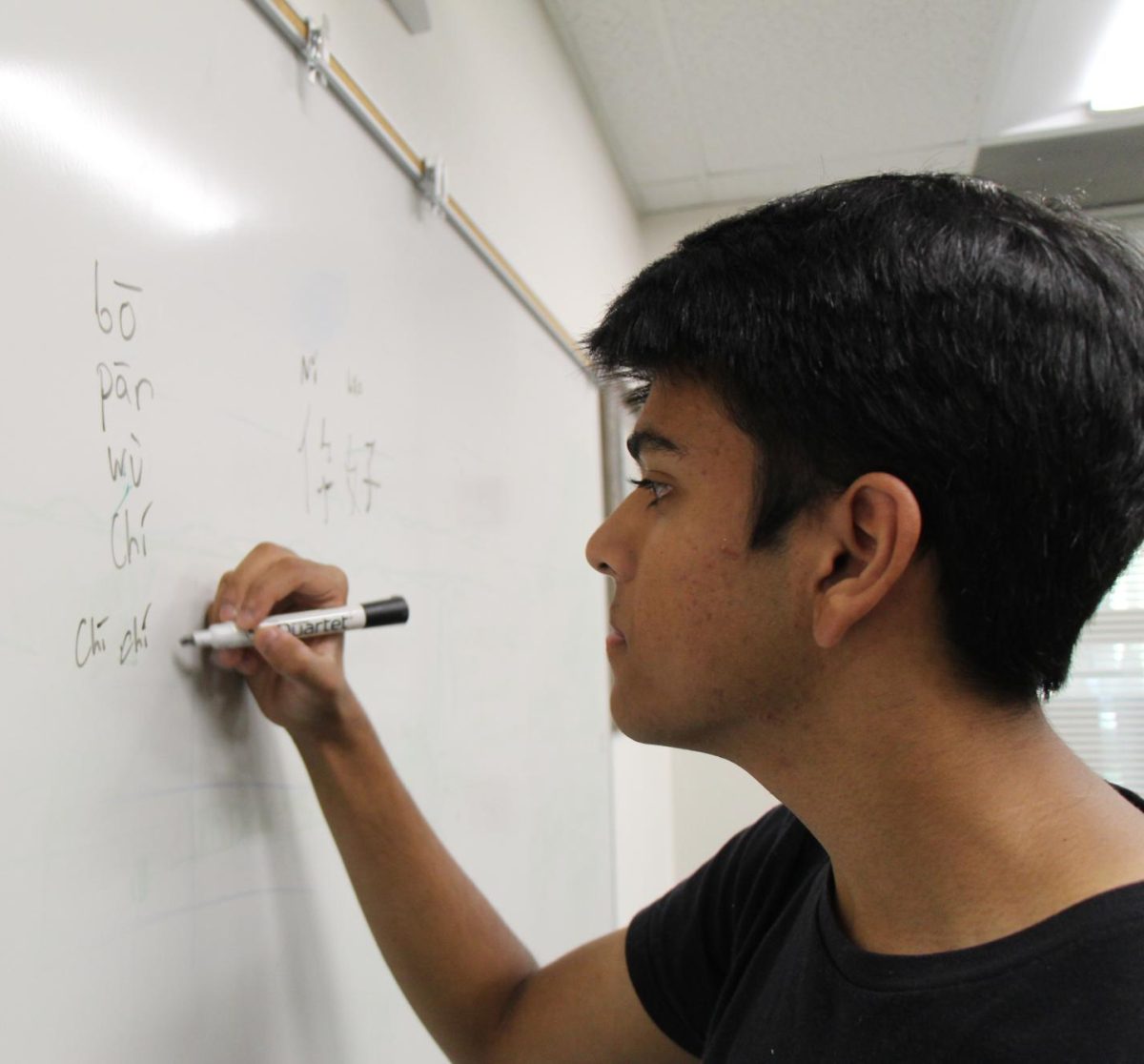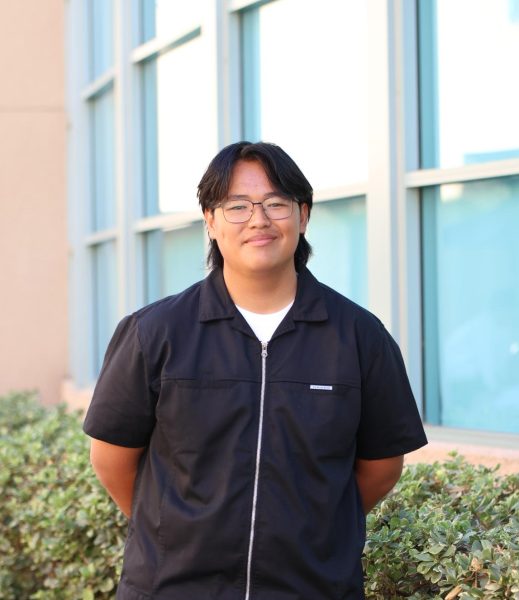Who says you can’t start a new language in high school and become half-fluent over two months? Junior Arjun Patel certainly didn’t walk into Northwood with this goal in mind. Yet, when he applied to the National Security Language Initiative for Youth, he was selected as one of 23 students in the entire nation to study Mandarin intensively over this past summer.
Although the NSLIY traditionally sends students abroad, Patel’s program got moved online due to safety considerations and program implementation challenges.
Driven by his interest in international politics and China’s predominant position in the world, Patel took advantage of the opportunities to jump onto Zoom early in the morning and late at night with professors at Sichuan University. Conversation and vocabulary classes were four or five hours a day, six days a week.
“We’d focus just on language Monday through Thursday,” Patel said. “Friday, we typically had a cultural class.”
Patel experienced authentic Chinese education in small classes of nine students and three teachers. The teachers made Patel repeat phrases again and again to correct his pronunciation, and they communicated via WeChat in Chinese to practice.
Students were also immersed in the language and culture by being assigned language partners to interact with everyday, which was Patel’s favorite part.
“They were college students from Sichuan University; They only spoke Chinese, so it was a struggle at first, but I got the hang of it,” Patel said. “I really got a feel for what life was like living in China.”
One notable highlight, his Mandarin teacher’s 8-year-old son hopped on screen once in a while to bless the American students with his knowledge of random topics, to Patel’s delight.
“He’d teach us how to say vegetables, how to say fruits, how to talk about sports,” Patel said. “Every time you named it right, he’d be like, ‘fei chang bang (great job)!’”
Patel’s favorite part of Chinese culture is the diversely flavorful cuisine, especially the spices of the Sichuan region. Through instruction in Mandarin over Zoom, he learned how to make Chinese dumplings, or jiaozi, himself.
He learned about the cultural background of jiaozi—a staple of Chinese cuisine invented by a medicine practitioner during the Han dynasty.
“My jiaozi were too big and thick,” Patel said. “It did not taste like the restaurant ones, but it was still an enriching experience.”
After an intensive summer of training, Patel tested at intermediate-low for Mandarin, the same level as his Spanish, which he has been learning for two years.
Despite Mandarin being a notoriously difficult language, Patel surfed along with surprising smoothness, which he credits to his interactive classes. Patel plans to continue studying Mandarin as he works toward becoming an international law lawyer.
“I’ve always been rather fascinated with Chinese politics because of how their political system is rather different from our own,” Patel said. “My Mandarin skills will help me in that field immensely in the future.”




















































